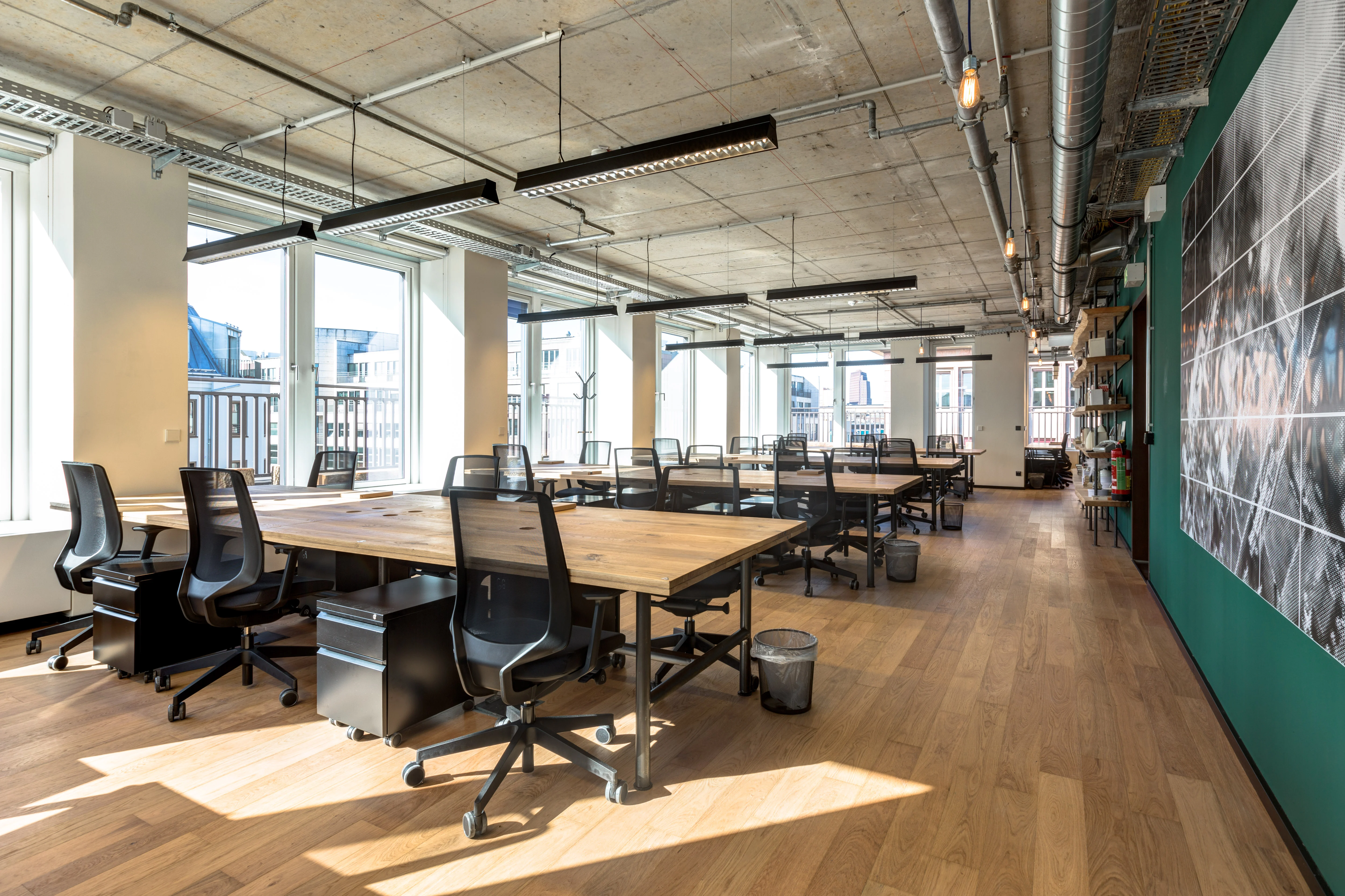
In today’s fast-paced business environment, having a professional workspace is crucial for productivity, collaboration, and credibility. However, not every company can or should invest in buying office property outright. That’s where office rental services come into play. Whether you’re a startup, freelancer, or an established enterprise, renting an office can be a flexible and cost-effective solution to meet your operational needs. This guide provides a clear overview of what office rental services are, their benefits, and how to choose the right one for your business.
Understanding Office Rental Services
Office rental services provide fully furnished or customizable workspaces for businesses to lease on a short-term or long-term basis. These can range from shared coworking spaces to private offices and corporate suites. Most modern office rental providers also include essential amenities such as high-speed internet, reception services, meeting rooms, and access to office equipment.
Unlike traditional leases that lock companies into long-term contracts, office rental services offer flexible agreements, allowing businesses to scale up or down depending on their needs. This flexibility has made them increasingly popular among startups, remote teams, and freelancers looking for a professional setup without heavy overhead costs.
Types of Office Rentals
- Coworking Spaces
These are shared work environments where professionals from different companies work side by side. They’re ideal for freelancers, remote employees, or small startups. Coworking spaces promote networking, creativity, and collaboration. - Serviced Offices
Serviced offices are ready-to-use spaces equipped with furniture, IT infrastructure, and administrative support. Tenants pay a monthly fee that covers utilities, maintenance, and shared services, allowing them to focus on business rather than logistics. - Virtual Offices
A virtual office provides a professional business address and phone answering services without a physical workspace. This is perfect for entrepreneurs who primarily work remotely but need a credible business identity. - Private Offices
These are dedicated spaces within a larger office facility, offering privacy while still benefiting from shared amenities. Private offices suit small to medium-sized teams that need confidentiality and focus. - Managed or Custom Offices
Larger corporations often choose managed offices, which can be customized according to their branding and operational requirements. The provider handles setup, maintenance, and management.
Benefits of Office Rental Services
1. Flexibility
One of the biggest advantages of office rental services is flexibility. You can choose short-term or long-term leases depending on your business cycle. If your team expands, you can easily upgrade to a bigger space; if it shrinks, you can downsize without hassle.
2. Cost-Effective Solution
Renting an office eliminates the need for large upfront investments in property, furniture, and infrastructure. Most rental packages are all-inclusive, covering utilities, internet, cleaning, and maintenance — allowing predictable monthly budgeting.
3. Prime Locations
Office rental providers often have properties in prestigious business districts. This helps enhance your company’s image and accessibility, making it easier for clients and employees to connect with you.
4. Ready-to-Use Facilities
Modern office spaces come fully equipped with everything you need — from ergonomic furniture and conference rooms to high-speed internet and printing stations. This enables you to start working immediately after moving in.
5. Networking Opportunities
Especially in coworking environments, businesses can network with other professionals, fostering partnerships, collaborations, and new business opportunities.
6. Professional Image
Having a dedicated office address and workspace adds credibility to your brand, especially when meeting clients or partners. It shows commitment and professionalism.
How to Choose the Right Office Rental Service
1. Identify Your Business Needs
Before exploring options, determine your requirements. How many employees will use the space? Do you need meeting rooms, private cabins, or open desks? Understanding these needs helps narrow down suitable options.
2. Set a Budget
Office rentals vary widely in cost based on location, size, and amenities. Establish a clear budget that includes rent and additional costs like parking, deposits, or administrative fees.
3. Consider the Location
A convenient location enhances accessibility for your employees and clients. Choose an area well-connected by public transport, with nearby amenities such as restaurants, banks, and parking facilities.
4. Check Facilities and Services
Inspect the facilities before signing an agreement. Ensure that essentials such as Wi-Fi, air conditioning, security, and maintenance are included in the package. Some providers also offer value-added services like event spaces or fitness areas.
5. Review Lease Terms
Carefully review the contract terms. Look for details about renewal options, notice periods, and hidden charges. Transparent agreements protect you from unexpected costs later.
6. Evaluate the Work Environment
The office atmosphere should align with your company culture. If your team thrives on collaboration, a coworking space may be ideal. For more privacy and focus, consider a private or managed office.
Trends in Office Rental Services
The rise of remote and hybrid work has transformed the office rental market. Many companies now prefer flexible workspaces that support both in-office and remote setups. Providers are increasingly offering hybrid-friendly solutions with day passes, meeting room rentals, and short-term memberships.
Sustainability is another growing trend — modern office spaces are incorporating eco-friendly designs, energy-efficient systems, and green certifications. Technology integration is also key, with features like smart access, booking apps, and AI-based workspace management becoming standard.
Conclusion
Office rental services have become an essential part of the modern business ecosystem, offering flexibility, convenience, and affordability. Whether you’re launching a startup, expanding to a new market, or simply seeking a professional workspace, renting an office can give your business the structure it needs without long-term financial commitments.
By understanding the different types of office rentals, evaluating your needs, and choosing the right provider, you can create a productive and inspiring work environment that supports your company’s growth. In today’s dynamic world, a smart office rental decision can set the foundation for long-term success.